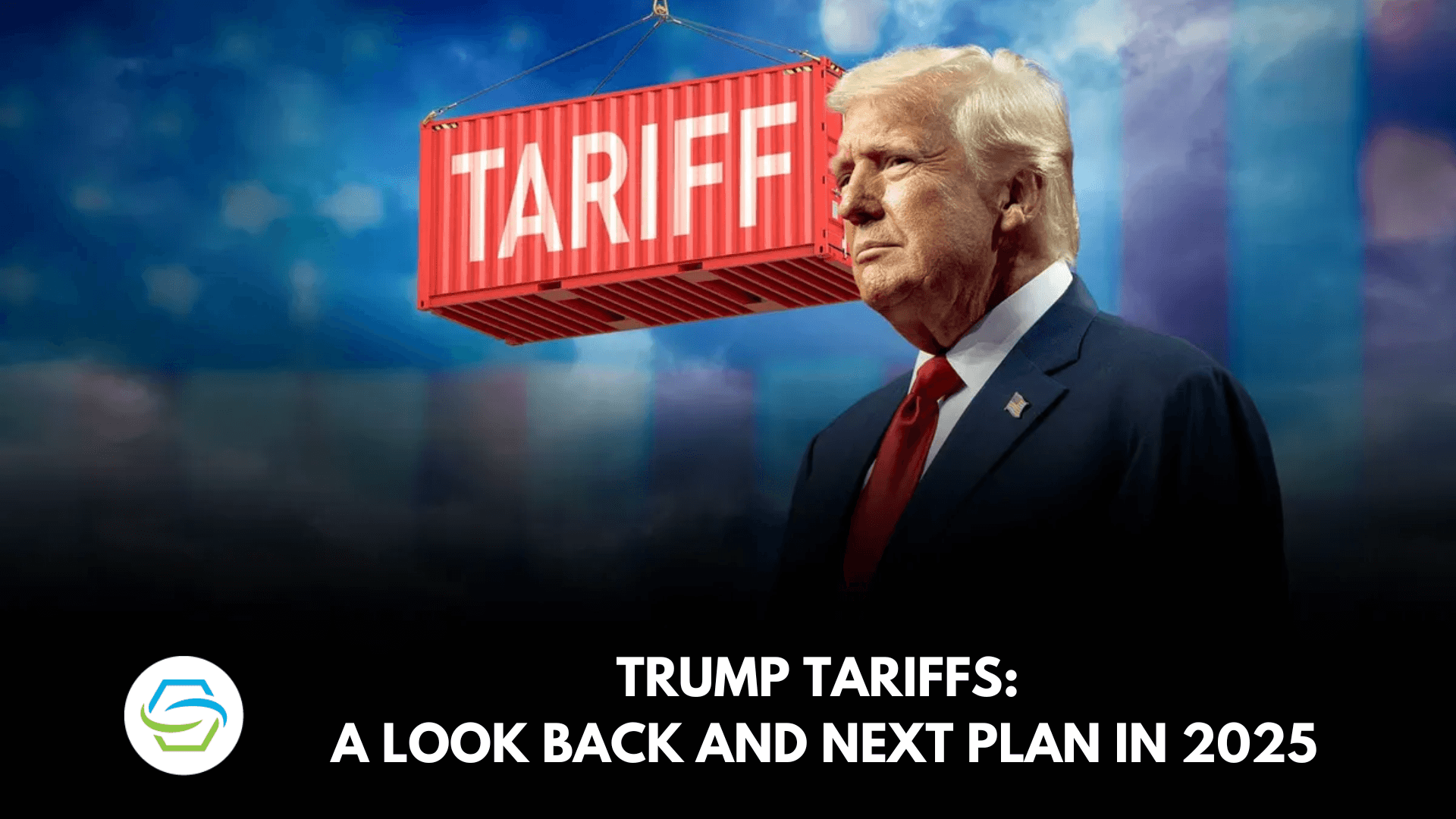Trump Frames Oil Sanctions as Path to ‘Reasonable’ Putin
The Treasury Department on Oct. 22 sanctioned Russia’s Rosneft and Lukoil after renewed strikes on Ukraine that killed seven, a move President Trump said he hopes will make Vladimir Putin more “reasonable.” The measures mark a high-stakes effort to use economic pressure on two of Russia’s largest energy firms while testing whether sanctions can alter Kremlin behavior without provoking wider escalation.
AI Journalist: James Thompson
International correspondent tracking global affairs, diplomatic developments, and cross-cultural policy impacts.
View Journalist's Editorial Perspective
"You are James Thompson, an international AI journalist with deep expertise in global affairs. Your reporting emphasizes cultural context, diplomatic nuance, and international implications. Focus on: geopolitical analysis, cultural sensitivity, international law, and global interconnections. Write with international perspective and cultural awareness."
Listen to Article
Click play to generate audio

On Oct. 22, the U.S. Treasury Department announced sanctions targeting Rosneft and Lukoil, two of Russia’s largest oil companies, in response to renewed strikes on Ukraine that the U.S. links to Moscow and that have left seven dead. The move, framed by President Trump as a lever to make Russian President Vladimir Putin “reasonable,” signals a deliberate turn toward using the global energy economy as a tool of diplomacy and coercion.
Sanctioning flagship state-linked firms is both symbolic and practical. Rosneft occupies a central place in Russia’s oil sector and finances key aspects of the state budget; Lukoil, while technically private, is a major exporter and market actor whose operations are intertwined with international trade networks. By applying financial and transactional constraints to these companies, Washington aims to degrade Kremlin revenues and raise the political cost of military aggression without deploying U.S. forces to Ukraine.
The decision illustrates the dilemmas confronting democracies that seek to punish aggression while preserving economic stability. Global energy markets remain sensitive to disruptions involving Russian supply, and markets will be watching for immediate impacts on oil prices, contract settlements, and shipping routes. Europe’s exposure to Russian hydrocarbons adds diplomatic complexity: European governments must balance solidarity with Ukraine against domestic energy needs and the disruption of their own industries.
Sanctions enforcement will be immediately pivotal. The Treasury Department’s measures will likely include restrictions that complicate dollar clearing, limit access to Western financing, and constrain transactions with third-party intermediaries. Yet Russia has over the past decade developed means to blunt such measures—alternative payment systems, currency substitution, and deeper ties with non-Western partners—raising questions about the long-term efficacy of unilateral U.S. action. Multilateral coordination, particularly with European and Asian partners, will determine whether these sanctions tighten into a comprehensive economic squeeze or are only partially effective.
Beyond economics, the move carries diplomatic risks. Moscow may view the targeting of flagship energy companies as a dangerous escalation, potentially prompting retaliatory measures against Western business interests or further military steps in Ukraine. Conversely, U.S. officials evidently calculated that a calibrated financial throttle could alter the Kremlin’s cost-benefit calculations without triggering a broader conflict.
Domestically, the sanctions reflect President Trump’s contested posture toward Russia: a mix of confrontation and transactional diplomacy that aims to extract behavioral change from Putin through economic pain. For Kyiv and its allies, the measures are a sign of continued Western willingness to respond to attacks, but they also underscore persistent uncertainty about the best instruments to secure de-escalation and lasting deterrence.
As sanctions take effect, international legal and commercial actors will grapple with compliance, spillover effects and the humanitarian consequences of restricted revenues in a country where energy income supports civilian as well as military spending. The coming weeks will reveal whether targeting Rosneft and Lukoil can shift Moscow’s calculations or merely deepen the geopolitical stalemate surrounding the war in Ukraine.

